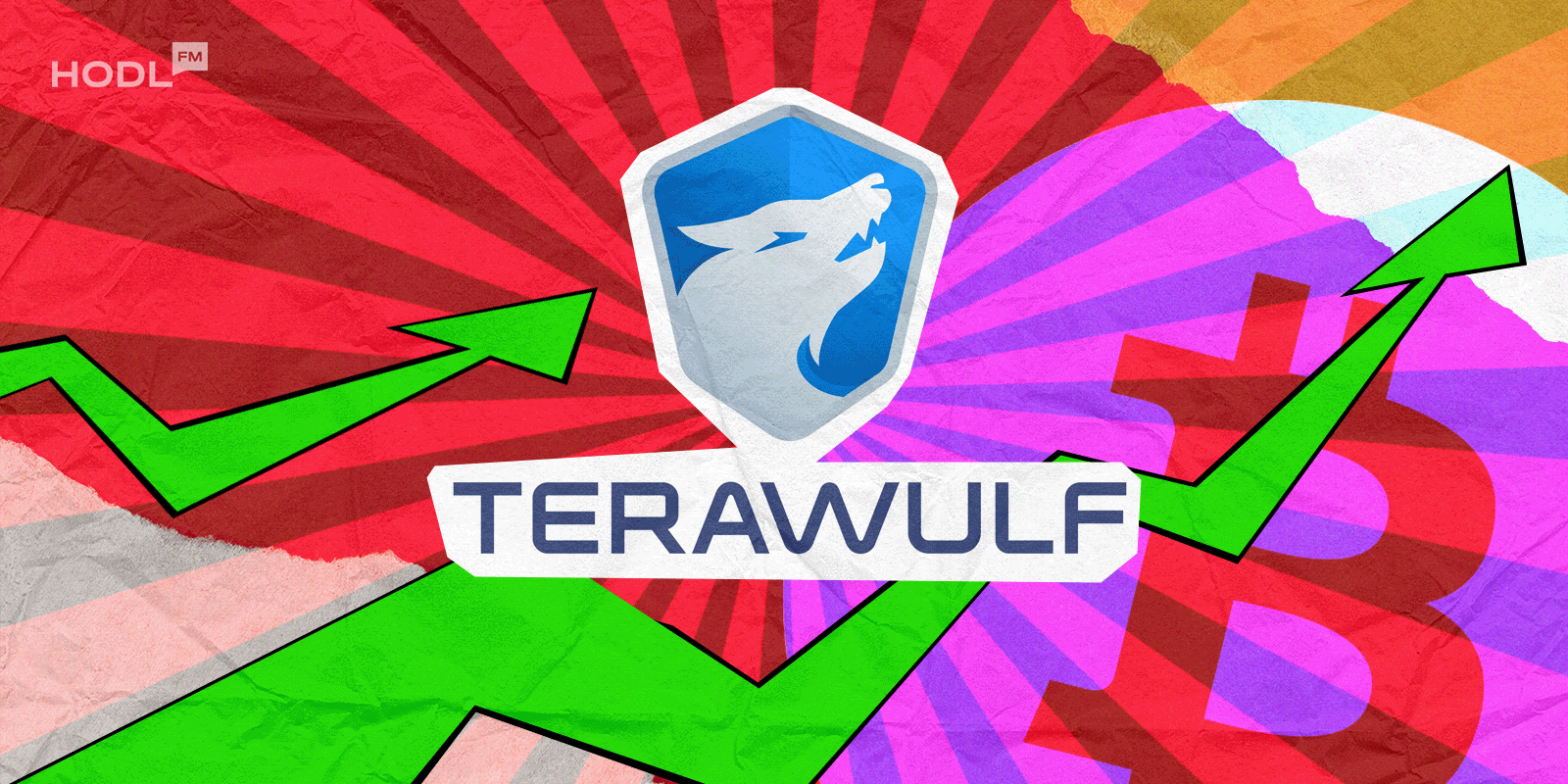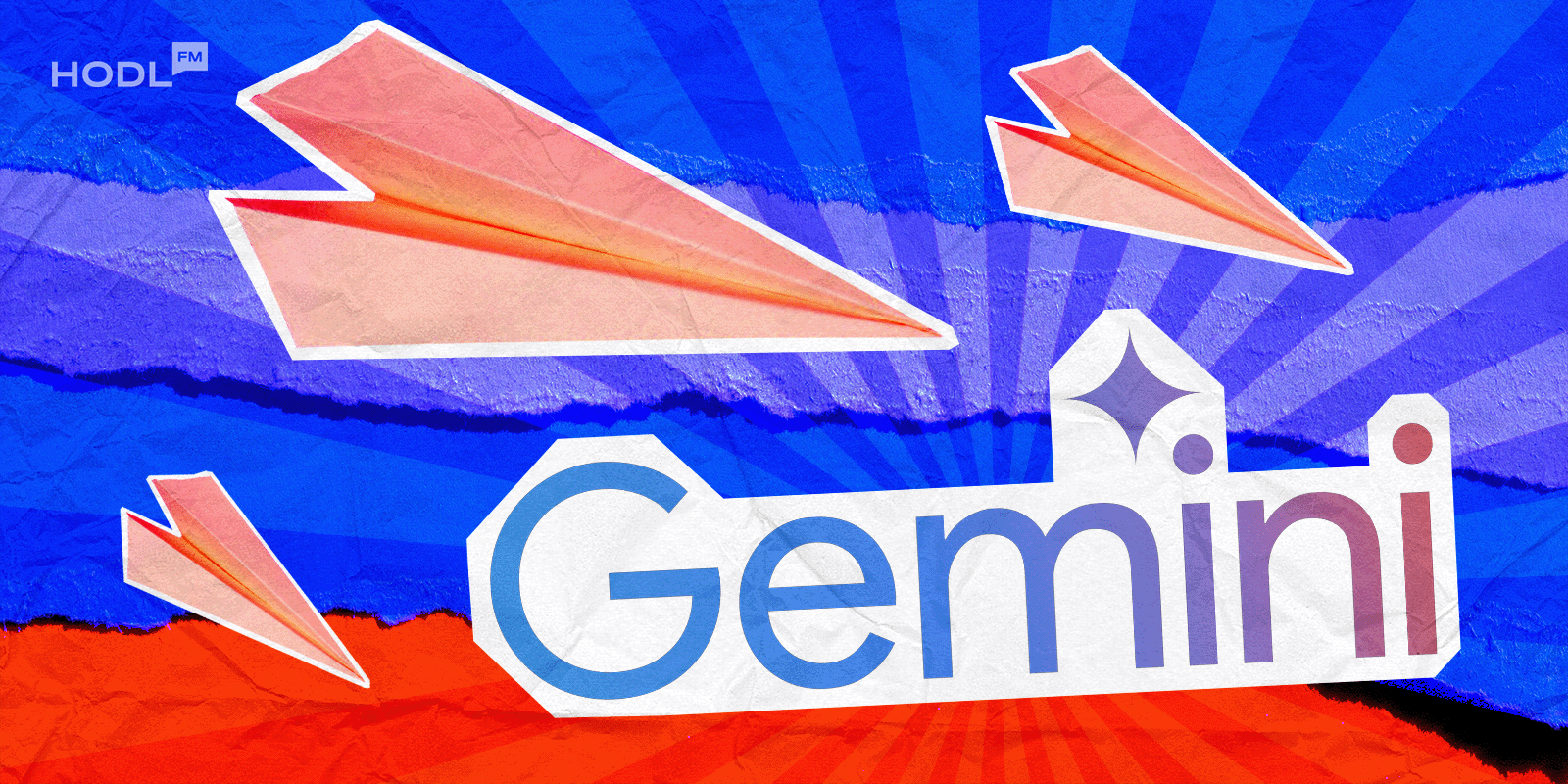Gemini Space Station, the cryptocurrency exchange founded by Tyler and Cameron Winklevoss, has reported a larger-than-expected net loss in its first quarterly earnings release since going public. According to the company’s Monday report, Gemini lost $6.67 per share, more than double the $3.24 loss projected by analysts surveyed by Bloomberg.
The exchange, trading under the ticker GEMI, saw its stock tumble 11% in after-hours trading, dropping below $15 to a record low, data from Google Finance showed. This followed an initial climb earlier in the day, with the stock closing up 4% at $16.84 before investors moved to sell after the bell. Gemini’s shares have fallen over 40% since debuting on the Nasdaq in September at an IPO price of $28 per share.
Despite the steep losses, Gemini’s revenue showed marked improvement, signaling growing demand for its services. The company reported $50.6 million in third-quarter revenue, more than double the $24.5 million generated during the same period last year. However, the company’s net loss widened to $159.5 million from $90.1 million a year ago, a gap driven by heavy spending on employee compensation, marketing, and regulatory preparation for its public debut.
Revenue growth and expansion into new services
Gemini’s earnings report revealed that transaction fees accounted for more than half of total revenue, generating around $26 million, while roughly $20 million came from services such as its credit-card business and institutional staking. Trading volume surged to $16.4 billion in the quarter, up 45% from the previous period, boosted by greater institutional activity.
The company also expanded internationally this quarter, introducing a self-custody wallet, securing a MiCA license in the European Union, and launching operations in Australia. These moves reflect Gemini’s strategy of positioning itself as a global crypto financial services provider under increasing regulatory oversight.
Services revenue now represents nearly 40% of total revenue, a significant increase from under 30% a year ago. Meanwhile, use of the Gemini credit card has risen substantially, surpassing 100,000 open accounts and recording over $350 million in transaction spending, twice the prior quarter’s figure. Staking balances also increased to $741 million, highlighting stronger user engagement across the company’s ecosystem.
For the full year, Gemini forecasted $60 million to $70 million in income from services and interest, driven by growth in its credit-card and staking products. The company also reported taking steps to improve capital efficiency, including repaying debt and opening a $150 million credit facility secured by credit-card receivables.
Winklevosses pitch a ‘super app’ and onchain future
Gemini’s leadership, however, remains confident that its long-term strategy is on track. Speaking on an earnings call, Cameron Winklevoss emphasized the company’s ambition to build a comprehensive crypto “super app.”
“We’re really excited about building toward the super app,” he said. “It’s an onchain future. We’re an onchain company, and this is our wheelhouse.”
Winklevoss outlined a vision for the platform that would integrate multiple asset classes and functions into one unified experience.
“Our view is that markets are all going onchain. Pretty soon, you will be able to hold a tokenized dollar via stablecoin, tokenized equity, and digital commodities, all within one app. We’re making very good progress there,” he added.
Gemini is also venturing into new verticals, including prediction markets, platforms that allow users to bet on real-world events such as sports and elections.
“This idea that you can essentially build a market on anything, any kind of event, is fascinating and really a boundless opportunity,” Cameron noted, likening the opportunity to the early days of Bitcoin adoption.
Analyst warnings and valuation concerns
While Gemini continues to grow its offerings, some analysts are cautious about its exposure to credit and market risks. In October, Goldman Sachs warned that the company’s rapid expansion in credit-card lending “introduces both credit and interest rate risk in an economic downturn,” noting that defaults or tighter credit conditions could add financial strain.
The exchange’s valuation also remains elevated compared to peers. Gemini trades at a price-to-sales ratio of 13.9x, far above the sector average of 3.8x, despite ongoing losses. As of the most recent close, GEMI stood at $16.18 per share, implying that investors are still paying a considerable premium per dollar of revenue.
Beyond the financial results, the Winklevoss twins’ political donations have drawn public attention. The brothers contributed $21 million in August to a political action committee supporting former President Donald Trump and Republican Party crypto policy initiatives.
The combination of steep losses, uncertainty around consumer credit exposure, and heightened political visibility has made Gemini’s post-IPO period a turbulent one. Still, the exchange’s leadership appears determined to turn its ambitious “super app” and onchain strategy into a long-term growth engine, even as investors weigh the high cost of crypto expansion in a volatile market.

Disclaimer: All materials on this site are for informational purposes only. None of the material should be interpreted as investment advice. Please note that despite the nature of much of the material created and hosted on this website, HODL FM is not a financial reference resource, and the opinions of authors and other contributors are their own and should not be taken as financial advice. If you require advice. HODL FM strongly recommends contacting a qualified industry professional.





